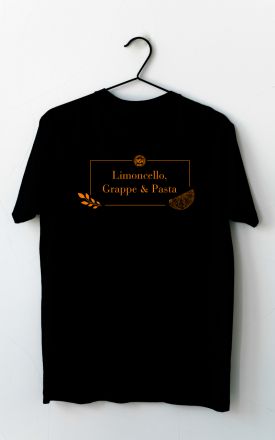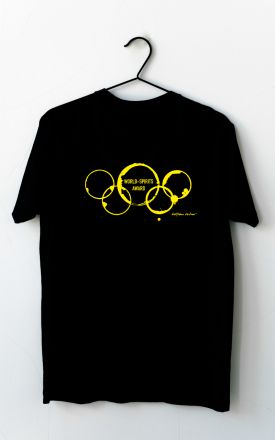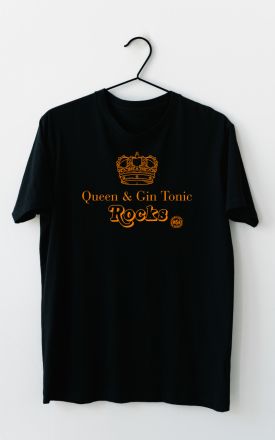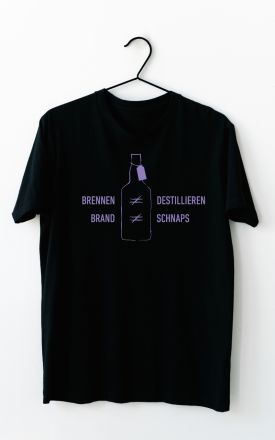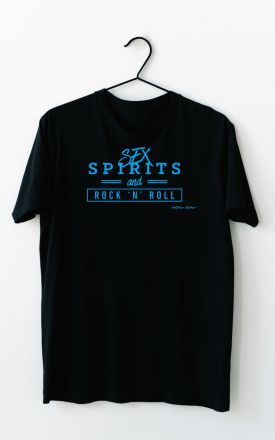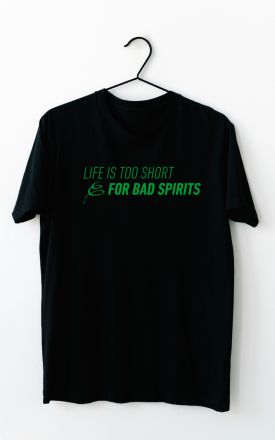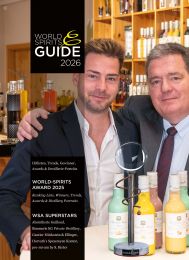Apricot vs. (Vineyard) Peach
iws.tv episode 5 Apricot vs. (Vineyard) Peach with Hubertus Vallendar
Facts & Figures | Podcast | Aroma Images | Tasting
Brand new format, 5-minute episodes, expert information and entertainment on a "spiritual" basis, celebrity and distiller talk, journey through the botanical gardens of the earth, sensory evaluation of the world's best spirits, musical accompaniment by the band "Humus".
The Wachau apricot queen
The apricot, also known as the apricot, is an old fruit variety from Asia that belongs to the rose family. It has been coveted since time immemorial and its shape has been attributed with erotic, feminine associations. The object of desire for the distiller scene, however, is the Wachau apricot, a now protected brand name. This particular variety is called "Klosterneuburger" and is a direct relative of the "Hungarian Best", which needs warm dry sites for perfect growth. It is a true taste miracle when it comes to capturing apricot flavours in spirit form. It is almost unbelievable that Austria's largest apricot plantation has been planted in the Tyrolean town of Prutz, which is tended by distiller Gerhard Maass. The reason for this is the special microclimate of the location. He himself uses the fruit to produce everything to do with apricots: from apricot distillate to fruit spread. The apricot is a kind of "love-hate" for many distillers. The perfect apricot can only be distilled in fruit years when all climatic conditions are right. If the ripeness on the tree is optimal and you are lucky enough to distil under a "good star", you will also get the perfect apricot in the glass. The ideal is very aromatic, in the direction of peach and rosewood with beautiful fresh citrus notes, a fine bitter almond or marzipan tang and a delicate, elegant green, somewhat minty astringency, a beautiful acid-fruit interplay and a long, dense, aromatic finish. Many distillers pit the apricots before fermentation so that the bitter almond tone is not too intense. In bad vintages, however, this results in a loss of typicity and can easily be compared to a Gloster apple. If the core remains in the mash during fermentation, the end product acquires a very strong marzipan characteristic, which on the one hand is loved by laymen and on the other hand raises the suspicion of aromatisation. This characteristic is also used by the industry to produce marzipan substitutes. When the average consumer thinks of apricot, he always has the typical intensive marzipan or bitter almond tone in mind or on the palate - in this case we are talking about an apricot spirit or schnapps. If it is a multi-faceted, clear product in the glass, we speak of a 100% distillate, the crowning glory among apricot products. Peach brandy, peach spirit is relatively rare. In the distillery, mostly surplus fruit, i.e. fruit that cannot be sold for fresh consumption, is processed. Peach brandy smells and tastes fresh and fruity like a noble stone fruit brandy. The peach aroma is not very pronounced. The peach aroma is more noticeable in peach brandy, but not particularly pronounced. It tastes more fruity and mellow, although somewhat more monotonous than the peach brandy. Peach spirit is more economical to produce than peach brandy. The peach originates from China. Nowadays, cultivation extends to all warm-temperate zones. Main producers are China, Italy, the USA, Greece, Spain, France, Turkey, Chile, Argentina, South Africa, Australia, etc. In good years, the peach is also cultivated in the German wine-growing climate. Ripens from July to September.
Source: www.world-spirits.com © by WOB
Share post:


